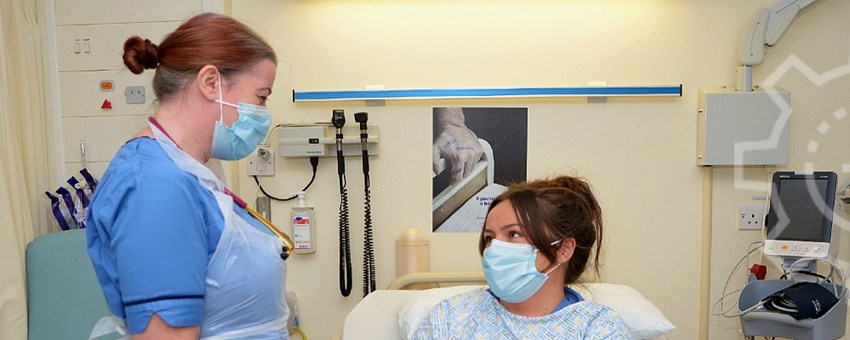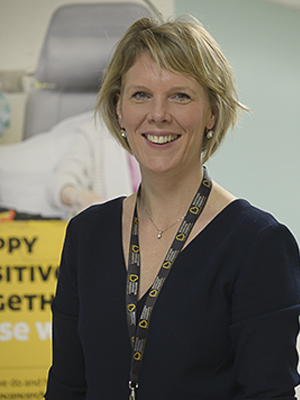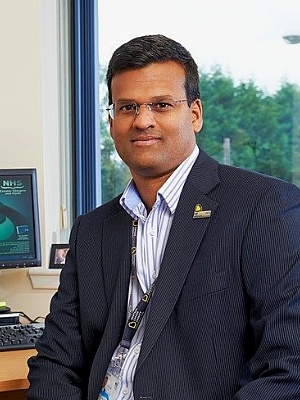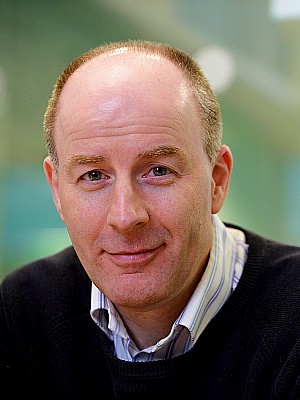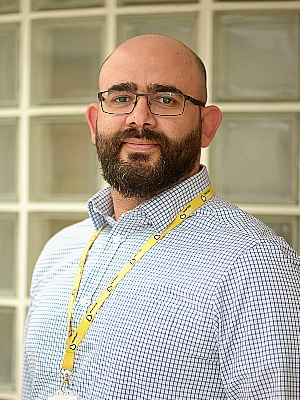Upper GI (liver, pancreas, biliary tract and oesophago-gastric)
What is Upper GI Cancer?
The term upper GI cancer covers a number of cancers which are in the upper Gastrointestinal/digestive tract. Our team is currently made up of nine consultants, two Specialist nurses and two staff grades. We also have a number of Specialist Trainees working with us at any time.
These include:
- Oesophageal (gullet) and Gastric (stomach) cancers (also called OG cancers)
- Biliary tract cancer (also called cholangiocarcinoma) and gallbladder cancers
- Hepatocellular cancer (also called HCC or primary liver cancer)
- Pancreatic cancer.
- Small bowel cancer. These are also treated by the lower gi/ colorectal team depending on where you live.
The most common treatments for Upper GI Cancers depend on where in the GI tract your cancer started and whether it has spread to other organs.
The type of treatment you receive will depend on your individual circumstances. Your consultant will discuss your treatment options with you.
You can find a good explanation of treatment choices: www.macmillan.org.uk
Your consultant may also discuss clinical trials with you. More information on clinical trials can be found at www.cancerresearchuk.org
Medical and Clinical Oncologists
These are doctors who specialise in the treatment of cancer involving drug treatments and radiotherapy. They can be consultants, staff grades or registrars (doctors undergoing specialist/higher training in oncology who will work within a specialist team for a period of time).
Consultants
- Dr Clinton Ali
- Prof Chiara Braconi
- Prof Jeff Evans
- Prof Janet Graham
- Dr Derek Grose
- Dr Amy Martin
- Dr David McIntosh
- Dr Christina Wilson
- Dr Fieke Froeling
- Dr Greg Naylor
Speciality Doctors
- Ghada Al-Salih
- Ghieth Kazkaz.
Upper GI Clinical Nurse Specialists
- Jen Milne (Hepatocellular / Biliary tract / Pancreatic): T. 0141 301 7587
- Sarah-Jane Thomson / Mike Allan (Oesophageal / Gastric): T. 0141 301 9919
The Clinical Nurse specialists can provide information, advice and support to you as you go through treatment. They can also direct you to other sources of help, e.g. support services, benefits advice, and psychological support. They may assess you in the clinic while you are on treatment and can prescribe chemotherapy and other supportive drugs.
IV Chemotherapy Nurses
Administer chemotherapy in the MacMillan Day Unit.
Therapy Radiographers
- Deliver radiotherapy treatment
- Work with the Upper GI clinical nurse specialist and may review you during your radiotherapy treatment to monitor and manage side effects.
Pharmacy
- Dispense medication
- A pharmacist may assess you at the clinic and can prescribe chemotherapy.
Clinical Trials Nurses
Provide support and information for patients who take part in clinical trials.
Outpatient Nursing Staff
Co-ordinate and manage outpatient clinics.
We hold outpatient clinics at some local hospitals although often clinics and treatment need to be at the Beatson West of Scotland Cancer Centre.
The consultant you are referred to is determined by the local referring hospital and also which kind of GI cancer you have. Many doctors will treat more than one kind of cancer.
Meet the Upper GI team
Further information
Further information on signs and symptoms of the various upper GI cancers can be found here www.macmillan.org.uk
www.macmillan.org.uk (liver)
www.macmillan.org.uk (pancreas)
www.macmillan.org.uk (biliary tract)
www.macmillan.org.uk (oesophago-gastric)
Other rarer types of GI cancers are treated by different specialist teams (e.g. neuroendocrine tumours which are also called NETS or GI stromal tumours also called GIST’s) so please check their own pages for information.

